NoSlidesConf
Just hands-on sessions
3 December 2016

3 December 2016

Too many conferences sessions are entirely based on slideware full of engaging pictures and funny slogans
Sharing something that can only be learned by experience is way more effective when practical examples are involved!
NoSlidesConf is about step-by-step technical sessions showing how to get code up and running: 45-minute demos with live changes to code and configuration
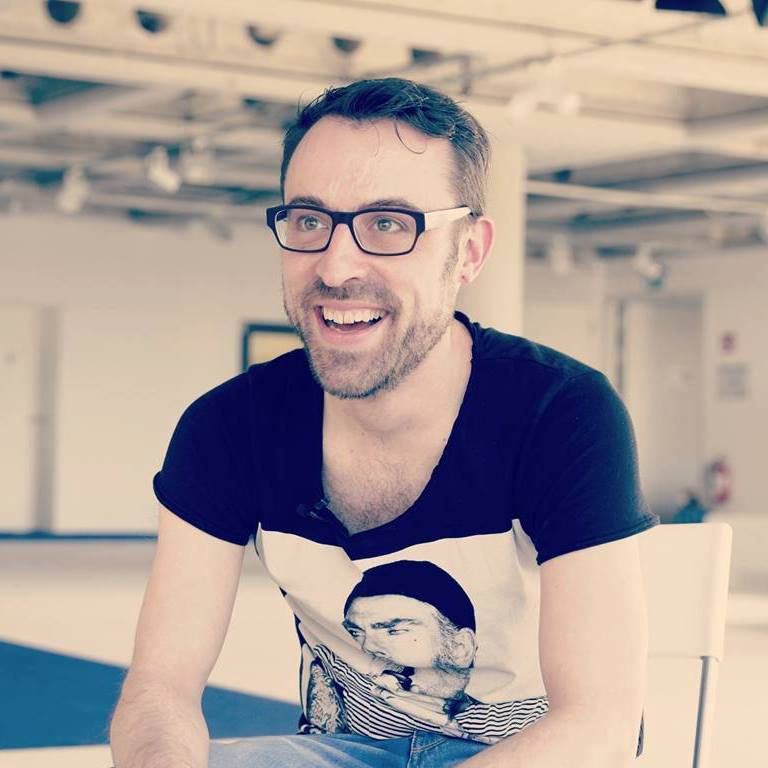

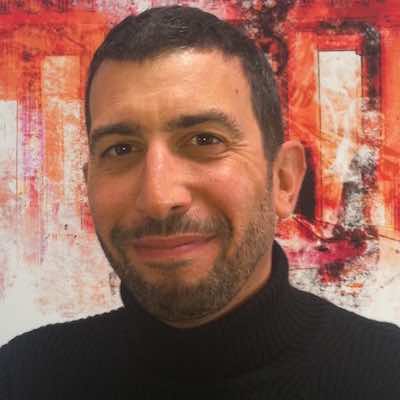
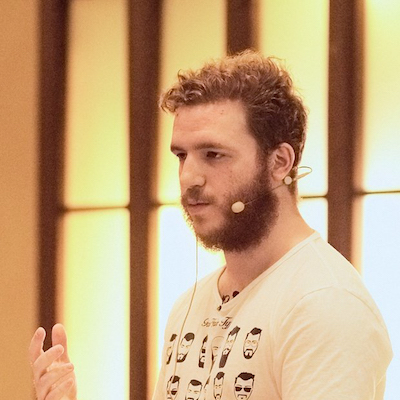

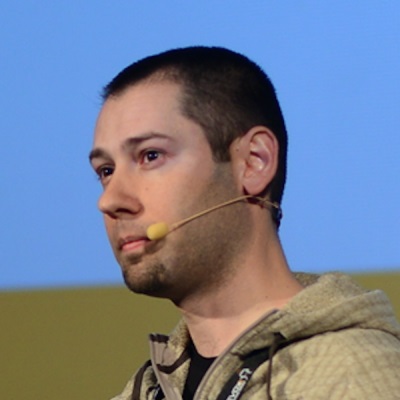

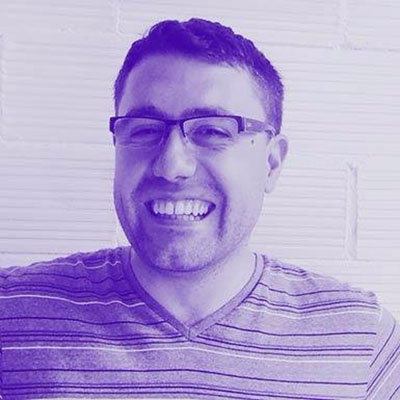
Developer, speaker, coach, community founder and conference organizer, Matteo has a strong focus on simplicity, clean code, design and software architecture as means to create codebases that better adapt to the ever evolving business world.
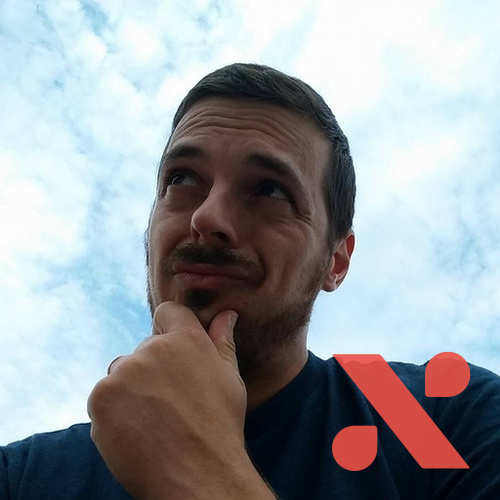
Docker advocate at XPeppers, Liuggio is a passionate open source developer expert in e-commerce platforms and microservices and actively involved in the PHP and Golang communities. A library he created is used by Wikipedia and his Composer badges are used by most PHP GitHub repositories. He is an evangelist of good design, code quality and DevOps practices.

Core developer and director of consulting at OrientDB. OpenSource enthusiast.

Regular speaker at technology conferences and passionate software craftsman with more than 15 years of experience, working at OrientDB since 2015. As a programmer with deepJava and JVM knowledge, Roberto is able to develop multithread scalable applications and is focused on back-end, big data/fast data architectures.
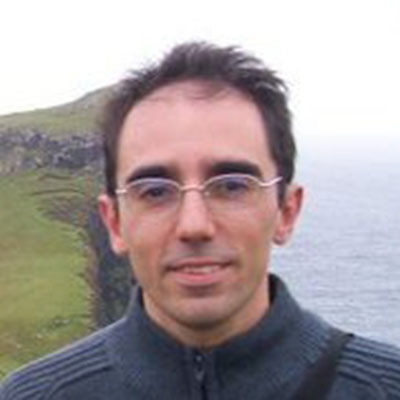
Test-driven development practitioner and mentor

Einar W. Høst is an unapologetic ivory tower zealot who programs computers at NRK, the Norwegian public broadcaster.

Andrea is a programming enthusiast that loves learning new stuff. He works as a backend developer and is a member of the Elixir core team.

Ju was born in China, then moved to Italy, got a degree in Computer Science and cofounded a consulting company in Turin. After some time, he started a new adventure and moved to London, where he joined AlphaSights as a Lead Engineer. He loves to solve hard problems and build amazing products. When he’s not doing that, he’s probably rock climbing.
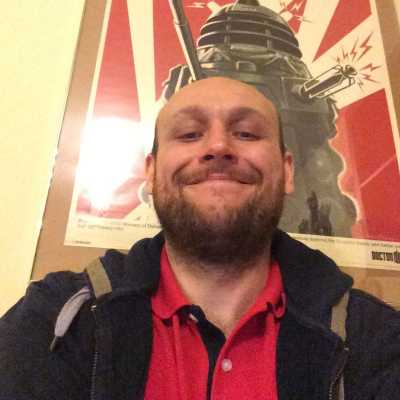
I have over twenty years of experience in the design and development of software in various different environments (embedded, industrial, manufacturing and entertainment). I worked with languages such as C++/C#, Ruby and Javascript. In the last years I fall in love with Elixir/Erlang and distributed application.

After conquering the rebellious tentacles of Proxima Centauri, Nusco was elected supreme emperor of the milky way. Since then, he's been ruling the galaxy with equanimous magnanimity. He also does software.

Developer, evangelist at Elastic and creator of the Elastic French Speakers User Group. In his free time, he likes talking about Elasticsearch in conferences like Devoxx FR BE UK, JUGs, Web5, Agile France, Mix-IT, Javazone or in companies (Brown Bag Lunches).
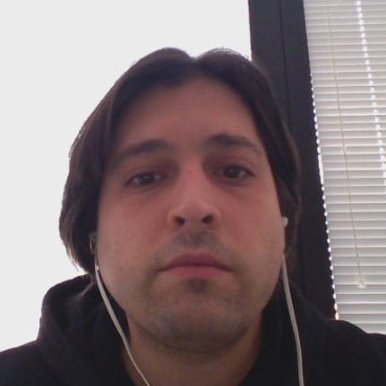
Marco Piraccini is a freelance consultant and software architect, but mainly concentrates on developing code. He is an advocate of Linux, open source software and other knowledge-sharing platforms. He is a recent convert to JavaScript and now spends most of his time developing in NodeJS.

Front-end developer and teamlead UI/UX at Trivago. Christoph is working on scaling and improving the UI of Trivago products on a large scale since more than 4 years now. He worked in several agencies before. Christoph puts all his passion into making user interfaces and front-ends more consistent, accessible, performant and scalable. He likes an up-trending CSS specificity graph.
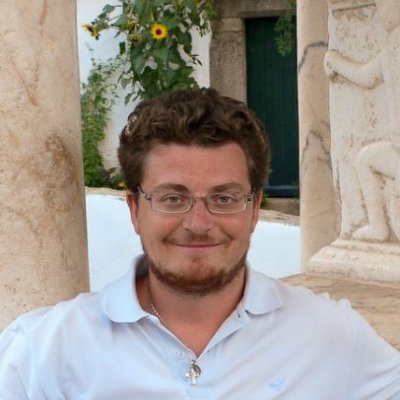
Simone Tiraboschi Simone, Senior Software Engineer at Red Hat, is working in the RHEV integration team and on the oVirt project. Simone is the maintainer of hosted-engine-setup: a tool that let the user simply bootstrap an environment where the oVirt engine is running inside a VM hosted in HA fashion on the host it's managing.

Are you used to make the difference?
Sponsoring this out-of-the-ordinary conference you will keep being one step ahead!
Please take a look at the sponsorship packages below
Should you need further information, do not hesitate to contact the wild bunch
